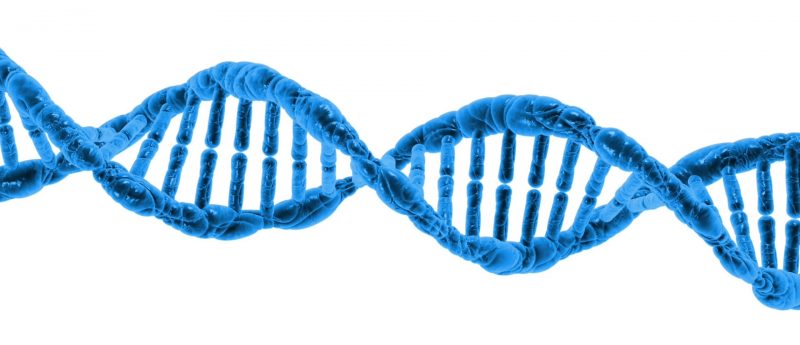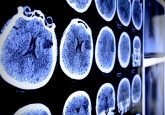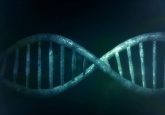Huntington’s pathology alleviated by CRISPR/Cas9 gene editing

An international team of researchers has utilized CRISPR/Cas9 gene editing to reverse Huntington’s disease (HD) pathology in a mouse model. The findings could open up new treatment avenues for HD and other inherited neurodegenerative diseases. HD is caused by a polyglutamine repeat in HTT. Targeting this gene has been explored previously; however, safety of such techniques has remained questionable as loss of Htt in mice can lead to embryonic lethality. The latest study saw a viral vector used to deliver CRISPR/Cas9-guided enzymes into cells in the striatum region of the brain of 9-month-old model mice. This led to a dramatic...





